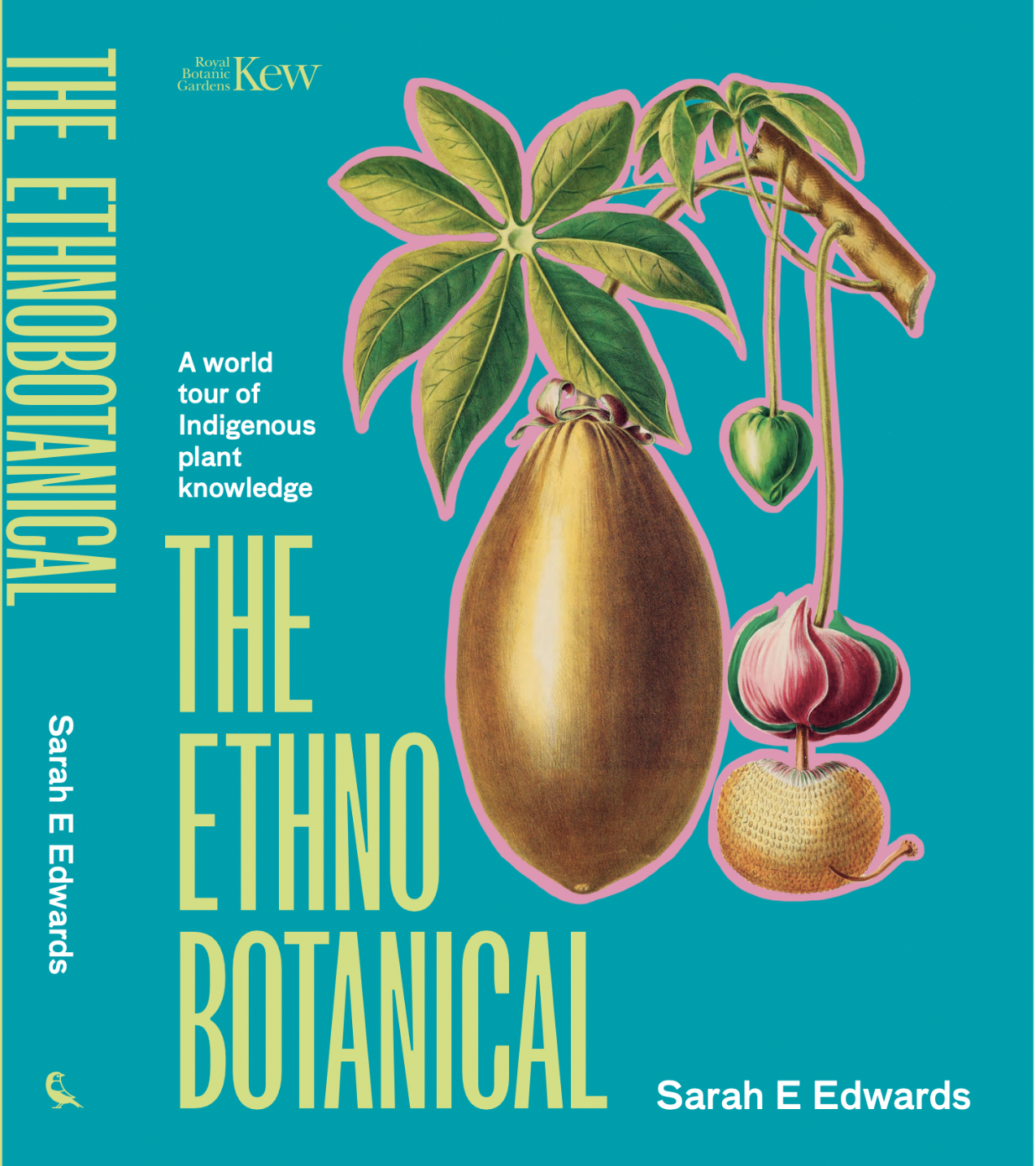
Plant Blindness: An Innovative Interdisciplinary Course at Oxford
Oxford's forests became an unexpected classroom in 2023 when three academics from different disciplines came together to tackle an increasingly recognised phenomenon: plant blindness. This innovative course, co-designed by Prof. Laura Rival (International Development and School of Anthropology), Dr. Sarah Edwards (Oxford Botanical Gardens and author of "The Ethnobotanical: A World Tour of Indigenous Plant Knowledge"), and Dr. Elizabeth Ann Rahman, FHEA (Senior Evaluation Officer, Centre for Teaching and Learning), offered graduate students a unique opportunity to challenge their perceptual habits and explore human-plant relationships through multiple disciplinary lenses.
The course emerged from a shared concern about how post-industrial societies often overlook the plant world, despite our fundamental dependence on it. Drawing on anthropological perspectives on perception, botanical expertise, and innovative pedagogical approaches, the course took students out of traditional classroom settings and into Oxford's wooded areas for experiential learning.
"We wanted to create an environment where students could literally see the world differently," explains Dr. Rahman, who recently achieved Fellowship status with Advance HE (FHEA) in recognition of her contributions to higher education teaching and learning. "By combining anthropological theories of perception with botanical knowledge and mindfulness techniques, we created a truly transformative learning experience."
The course's structure was carefully crafted to build from theoretical foundations to direct experience. Beginning in an informal setting where students could openly discuss their expectations and previous experiences with plant life, the session progressed to guided woodland exploration. Here, students engaged in carefully designed activities that challenged their usual patterns of environmental perception.
Prof. Rival's expertise in environmental anthropology, Dr. Edwards' deep botanical knowledge, and Dr. Rahman's experience with experiential learning approaches came together to create what one student described as "an eye-opening experience that changed how I see the world around me."
The success of this interdisciplinary collaboration suggests new possibilities for teaching environmental awareness in higher education. By bringing together scientific knowledge, cultural understanding, and embodied learning, the course offers a model for how universities can address contemporary environmental challenges while fostering deeper connections between students and the natural world.
This innovative approach to teaching and learning continues to evolve, with plans to offer the course to future cohorts of graduate students at Oxford, potentially expanding to include undergraduate opportunities as well.
